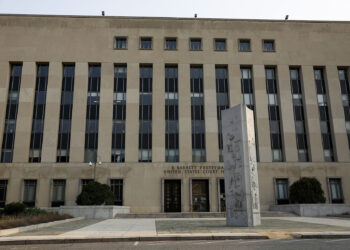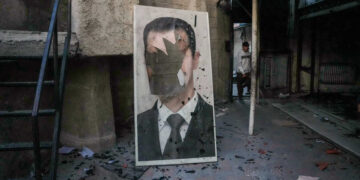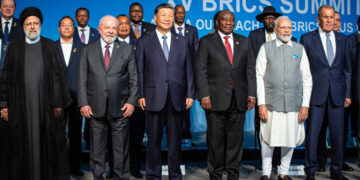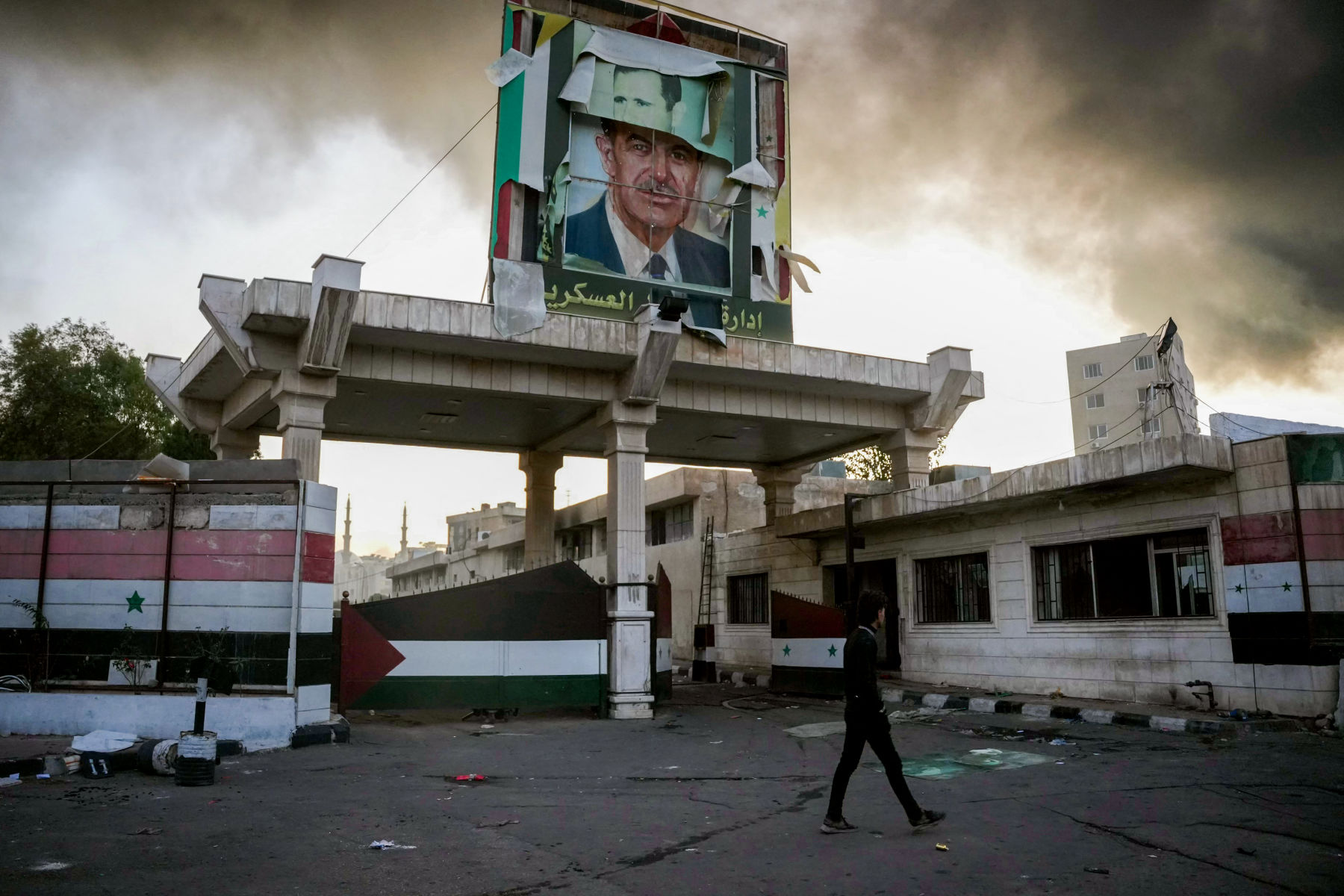Dario Sabaghi is a freelance journalist whose work has appeared in The Independent, Middle East Eye, Deutsche Welle and other outlets.
Ali was wandering through a conservative area of Beirut, when he was stopped by three men who threatened him to remove his earrings. He was 13 years old. "I had to remove my earrings," he recalled today. "I had no clue of who they were or what they're capable of doing, so I removed them for my own safety."
Ten years later, Ali (who asked to be identified by his first name to protect his identity) is an LGBTQ+ activist and member of the online platform Beirut Queers. He says that such episodes have decreased since then in Lebanon, but they can still happen. He described a recent a case of two individuals of the same sex who were in a car under a bridge talking and sharing an intimate moment. A group of men stopped them, beat them up and asked for their ID cards.
Lebanon is widely considered one of the safest countries in the Middle East and North Africa for LGBTQ+ people. Yet several recent episodes, including during international Pride Month in June, show how the community is still struggling to express itself freely and protect LGBTQ+ rights, despite Lebanon's relative openness in the Arab world. In late June, Interior Minister Bassam Mawlawi sent a vague letter to the general directorates of Lebanon's security forces asking them to prevent gatherings and celebrations that "promote homosexuality." Mawlawi declared that "freedom of expression cannot be invoked in this case, since it is a violation of the habits and traditions of our society, contrary to the principles of monotheistic religions."
The NGO Helem, which promotes LGBTQ+ rights in Lebanon, planned a protest in response in front of the Interior Ministry headquarters in Beirut, but it had to postpone it due to death threats and calls for counter-demonstrations. "The Interior Ministry's unlawful decision to ban events promoting LGBTI rights alarmingly indicates the deterioration of human rights and freedoms in Lebanon," the executive director of Helem, Tarek Zeidan, told human rights organizations. "The ban tells LGBTI people that the government is willing to throw away their fundamental rights if others want them to." When the protest went ahead in late July, hundreds demonstrated against "the crimes of the patriarchal regime," but not in front of the Interior Ministry.
Several recent episodes, including during international Pride Month in June, show how the LGBTQ+ community is still struggling to express itself freely and protect its rights, despite Lebanon's relative openness in the Arab world.
- Dario Sabaghi
The attacks on Lebanon's LGBTQ+ community didn't stop there during Pride Month. In a statement, Lebanon's top Sunni religious figure, Mufti Sheikh Abdel Latif Derian, said that Dar al-Fatwa, the highest Sunni authority in Lebanon, "would not allow the legalization of homosexuality or civil marriage." A Christian group calling itself the "Soldiers of God" vandalized a billboard hours after it was set up on June 25 by Beirut Pride in the neighborhood of Ashrafieh, in which a rainbow flag was formed with flowers under the hashtag #lovealwaysblooms. On a Facebook page called "Men of Tabbaneh," a neighborhood in Tripoli, a post incited violence against LGBTQ+-friendly spaces in the city and against individuals who spoke out against the mufti and his statement condemning homosexuality. Master Chips, a local Lebanese snack company, even announced that it would no longer use rainbow colors on its packaging, so it wouldn't be associated with anything considered LGBTQ+.
The vitriol against Pride Month was so strong that the Lebanese Psychiatric Society released a statement clarifying that homosexuality cannot be considered a disease that requires treatment.
"We expected these protests," Ali said. "We usually have backlash from the government. It is funny because several parties clash against each other for anything but become allies when they have to confront LGBTQ+ initiatives."
For Bertho Makso, the executive director and co-founder of the NGO Proud Lebanon, the backlash was also about public visibility. "Lebanese society is hypocritical because it would accept LGBTQ+ events only if they are not publicized," he said. In May 2017, the Association of Muslim Scholars threatened Proud Lebanon and other organizations for hosting events during Lebanon's first ever pride week. But since then, Proud Lebanon has avoided confrontations with conservatives and successfully organized four different LGBTQ+ advocacy events in Lebanon this year, including during Pride Month.
"We were lucky to organize these," Makso said. Although LGBTQ+ people have the right to express their ideals, Makso added, he thought the organizers who set up the billboard that was vandalized weren't looking out for the good of the LGBTQ+ community in Lebanon. "These events have been too advertised," said Makso. "Why place a billboard without organizing events or activities? This is not Pride. This is marketing. These people are looking for attention. They have to think of the risks that come from public events. We tried to weigh words without neglecting the rights of the LGBTQ+ community."
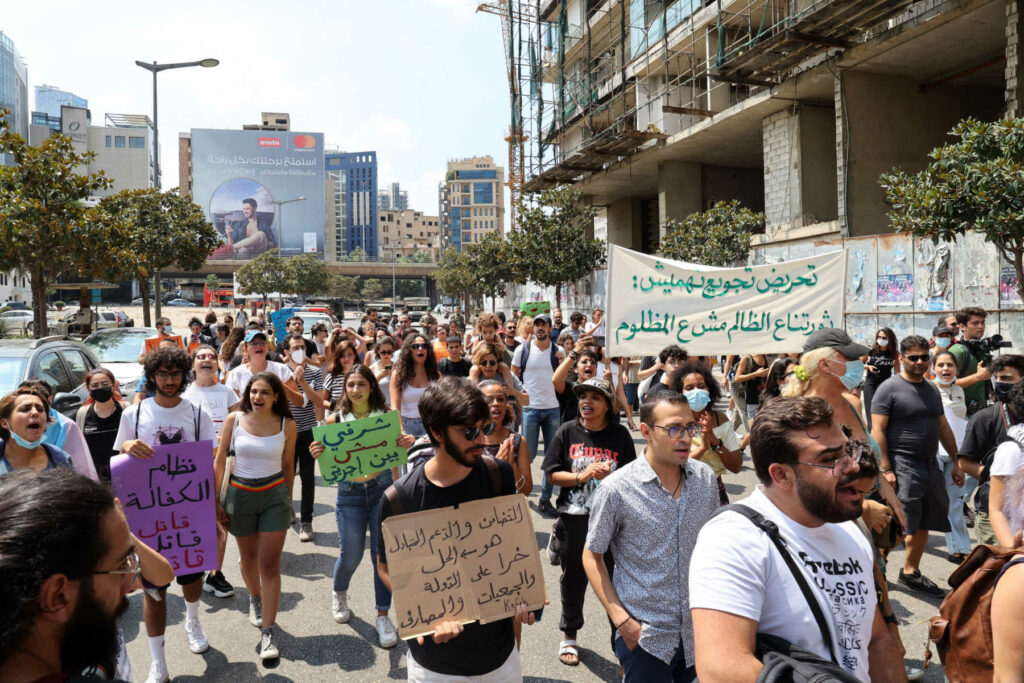
In addition to facing resistance from large segments of Lebanese society, LGBTQ+ people are also the targets of legal discrimination. Article 534 of the colonial-era penal code established under the French Mandate vaguely prohibits "any sexual intercourse contrary to the order of nature," with a penalty of up to one-year imprisonment. Article 521 of the penal code makes it a criminal offense for a man to "disguise himself as a woman," with a penalty of up to six years in prison.
Several court rulings in Lebanon since 2007 have declared that Article 534 can't be used to convict LGBTQ+ individuals, "as the law cannot identify that non-normative sexual relations are unnatural," as Helem has noted. Yet the NGO also reported that the number of arrests under Article 534 jumped from 43 in 2012 to 76 in 2016.
Since 2017, Lebanese security forces have regularly attempted to shut down LGBTQ+ conferences and other events, even though they fall under the rights protected in Article 13 of Lebanon's constitution, which guarantees the freedoms of expression, assembly and association, among others. In 2021, Helem documented more than 4,000 cases of abuse of LGBTQ+ people, ranging from sexual harassment and domestic violence to rape and sex trafficking.
Ali said that the probability of being bullied because of sexual orientation or gender identity changes depending on where you are in a country that is largely defined and divided by sectarianism and religious influence. The most conservative areas are, not surprisingly, less tolerant. "Sometimes the situation can change street by street," he said. "You have to consider where you are when you go out. Many LGBTQ+ individuals from the Arab world have sought shelter in Lebanon because it is generally freer for self-expression. But, for instance, if you live in the suburbs of Beirut, where people are more conservative, you don't have much freedom."
As well as this societal intolerance, the staggering economic crisis that has engulfed Lebanon since late 2019, followed by the COVID-19 pandemic, have significantly exacerbated the living conditions of LGBTQ+ individuals. The twin shocks of the economic crisis and the pandemic severely affected one-person households, which include many adult LGBTQ+ individuals who often had issues coming out to their families and had to find their own housing. The devaluation of the local currency and the dollarization of the economy—with more and more goods and services sold in dollars or at the steep daily exchange rate—have made the few LGBTQ+-friendly pubs and cafes unaffordable.
"Lebanese society is hypocritical because it would accept LGBTQ+ events only if they are not publicized."
- Bertho Makso, the executive director and co-founder of the NGO Proud Lebanon
Exacerbating these economic problems, the hurdles to even finding an apartment to rent or getting a job have made the lives of LGBTQ+ people in Lebanon even harder. Many have been forced to go back to conservative families and into intolerant environments that do not accept them, putting them at risk of domestic violence and threats to their mental health.
As Makso put it, Lebanon has many faces, and one's safety "depends if you know how to behave and where you go. You are not protected if you are a transgender person or a refugee. Lebanon has a very patriarchal society," he added. "This is not right, because the law has to protect you from discrimination. But violations will continue until the penal code is removed."
In 2018, Proud Lebanon established a task force with the help of other NGOs—including the Lebanese Center for Human Rights and the Restart Center, which aids victims of violence and torture—to try and abolish Article 534 of the penal code by urging political parties to take action in Parliament. According to Makso, the task force has engaged with members of Parliament belonging to 13 different political parties, including two Christian parties—the Lebanese Forces and Kataeb—and several Muslim parties, as well as independent MPs.
"They accepted to work with us on the abolition of Article 534 of the penal code," Makso said. "We have found common ground with these parties. We are not asking about same-sex marriage, adoption or civil unions. We ask authorities to stop arrests and intimidating people only because they love someone of the same gender."
Makso was reluctant to identify the MPs because he fears that if their names become public before a draft law on repealing Article 534 is released, they could be pressured or intimidated into dropping their support for it. He explained that the bill would consist of abolishing Article 534 and expunging the records of individuals who have been jailed or have pending cases.
"They decided to engage with our agenda because our demands are local and rational," Makso said of the MPs. Their campaign to end the criminalization of same-sex relations in Lebanon had to be framed as a Lebanese issue, not one imported from abroad. "We chose not to bring Western values to Lebanon, as Lebanese society is not ready to discuss more than decriminalization," he insisted. "We said that the Lebanese LGBTQ+ community needed to be treated with dignity and respect."


























